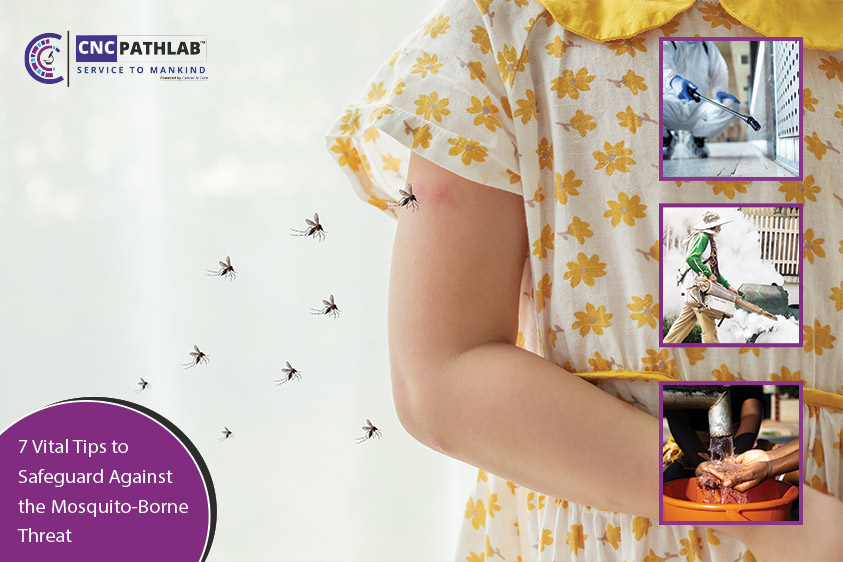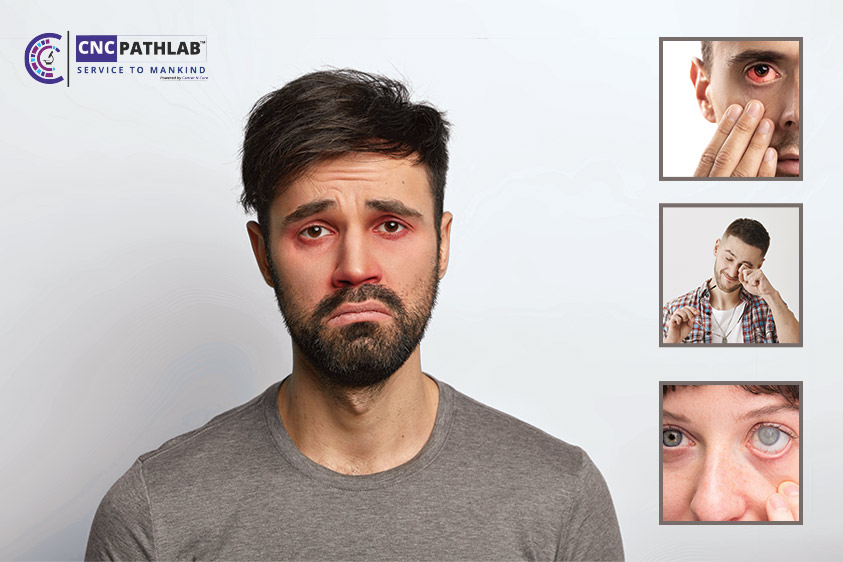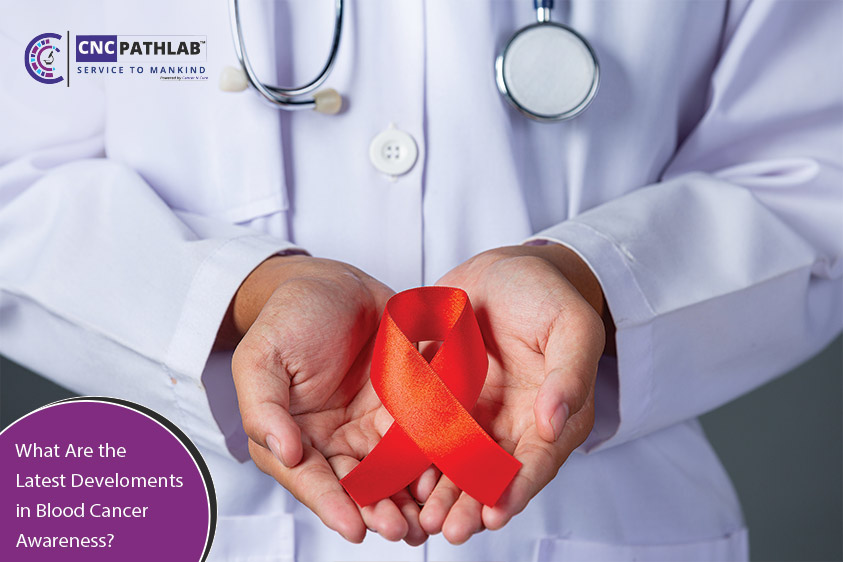The Possibility Of Reinfection In Covid-19 Patients: A Study By Icmr On Coronavirus
A study done by ICMR found out the most probable cases of reinfection of Coronavirus. Is it possible that one can become re-infected with Coronavirus after recuperating from it once? To comprehend the cases of re-infection of COVID-19, the Indian Council of Medical Research (ICMR) freshly established an expert team of scientists to recognize the most probable cases of reinfection of Coronavirus.
1. Reinfection in COVID – 19 patients: What is the possibility?
The study done by a crew of scientists from the Indian Council of Medical Research (ICMR), examined the cases of 1,300 people who had tested positive for the virus two times. A person who was infected once has recovered, and later becomes infected again is termed as re-infection.
“A working epidemiological case definition of SARS CoV-2 reinfection is important to strengthen surveillance. The present investigation contributes to this goal and records reinfection in 4.5% of SARS CoV-2 infected individuals in India," the study elucidated.
2. What the study found out?
An ICMR study found that out of 1300 cases in India, 58 of them can truly be categorized as reinfection. Scientists have found that out of these 58 cases, reinfection happened after 102 days after the patients had recovered from the virus for the first time. The study also established that these patients also tested negative in-between/during the 102 days.
3. Identification of reinfection cases: How can it be done?
Cases of reinfection can only be confirmed by using genome analysis of the virus sample, says the study. Because of the continuous mutation in the viral genome, scientists believe that the genomic sequence of the two samples is bound to show discrepancies. “The reinfection cases were earlier confirmed by only genome sequencing for which we need specific infrastructure, which may not be available everywhere. With the new definition, we can easily label reinfection cases in India." As said by Dr. Samiran Panda, head, epidemiology and communicable diseases, ICMR, one of the authors of the study.
4. Crux of the study
The COVID reinfection cases in the study are not convincing because of the lack of genome sample data. As per the study, you cannot assume that if someone has been infected with the virus once, will have permanent immunity. Keep maintaining social distance and do not stop wearing masks, even post-infection!


.jpg)


.jpg)
